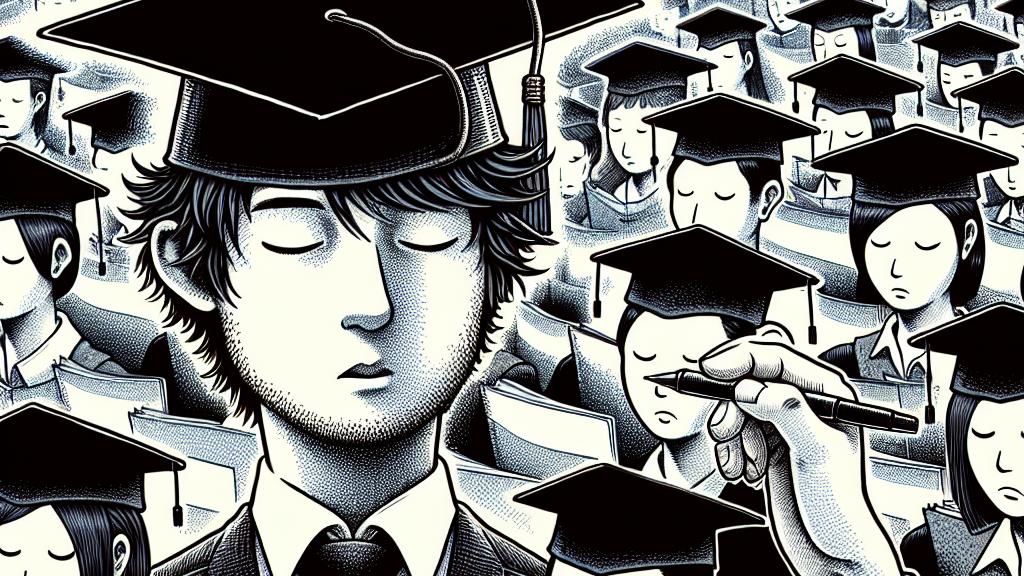Why New Graduates Despise Being Told 'Think for Yourself!' Spoiler: It's Both Logical and Controversial!
Overview
- New graduates feel immense frustration with the phrase 'think for yourself.'
- Many argue that detailed manuals and structured guidelines help enhance performance.
- The ongoing debate explores the balance between fostering independence and providing necessary support.

Context and Frustration in Japan's Workforce
Recently, the discussion among new graduates in Japan has gained traction as many express deep frustration when told to 'think for yourself.' This phrase often emphasizes the expectation for them to showcase initiative in a work environment that may not always be receptive to their fresh ideas. New graduates frequently cite experiences where their attempts to innovate were met with skepticism or outright dismissal, which can be disheartening. Consequently, this has led to a growing belief that comprehensive training manuals and clearly defined guidelines may offer a more supportive pathway to success in their early careers. As workers who have recently transitioned from structured academic environments, these graduates seek that same level of guidance in their professional lives. This remarkable generational shift underscores the necessity for employers to reevaluate their training and mentoring approaches to better accommodate the evolving workforce.
The Advantage of Structured Guidelines
Supporters of structured guidelines argue that well-developed manuals significantly enhance new employees' confidence and ability to perform their roles effectively. When clear instructions outline the necessary steps for various tasks, new graduates feel more empowered to execute their responsibilities without fear of making mistakes. This is especially crucial in complex industries where even minor errors can have serious consequences. For instance, many new hires advocate that having a comprehensive onboarding process, complete with detailed training documents, can bridge gaps in knowledge that often exist in a traditional learning environment. By prioritizing effective training materials and mentorship, companies can create a foundation for their employees' career success, fostering a work culture that values both individuality and competency. This investment not only benefits the employees but also contributes positively to the organization’s efficiency and reputation.
Finding the Balance Between Independence and Guidance
Conversely, there are growing concerns that overly relying on strict manuals could restrict creativity and impede the development of critical thinking skills. Many critics argue that while guidelines are crucial, new employees must also learn to navigate ambiguity and tackle unexpected challenges that arise in the workplace. This ongoing dialogue highlights the importance of striking a balance between providing guidance and encouraging independent problem-solving. To achieve this, employers can incorporate both structured training and opportunities for innovative thinking, such as brainstorming sessions and collaborative projects, where new employees can experiment with their ideas in a safe space. Ultimately, the challenge lies in fostering an environment where new graduates can feel supported in their roles while also being encouraged to develop their initiative and independent thought. The future effectiveness of workplaces may depend on their ability to cultivate both structured support and creative freedom.

Loading...